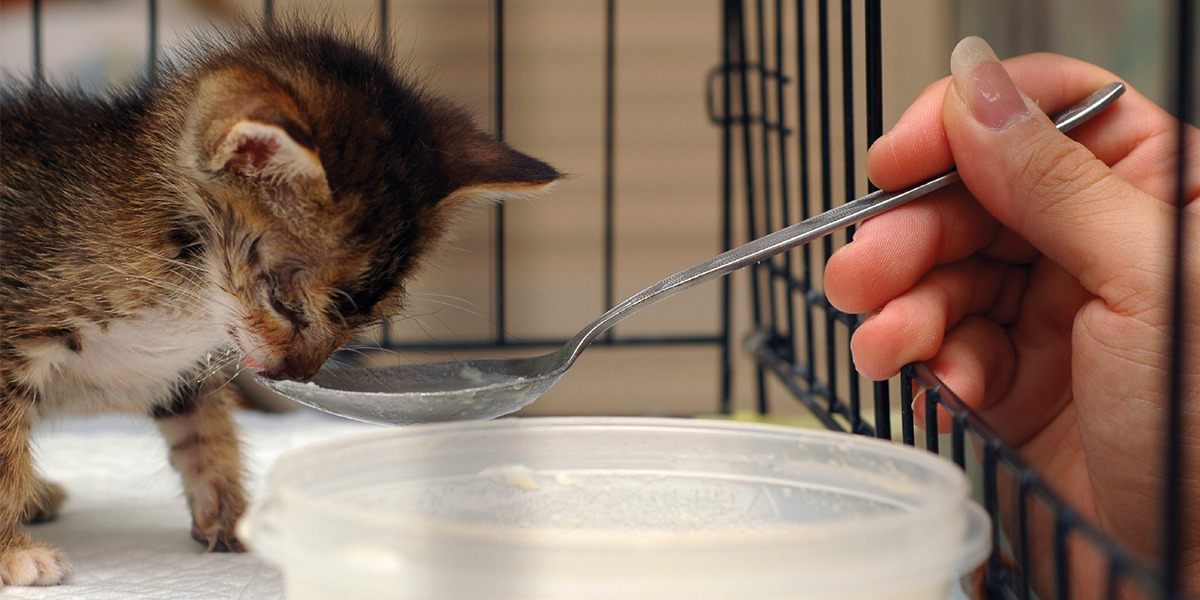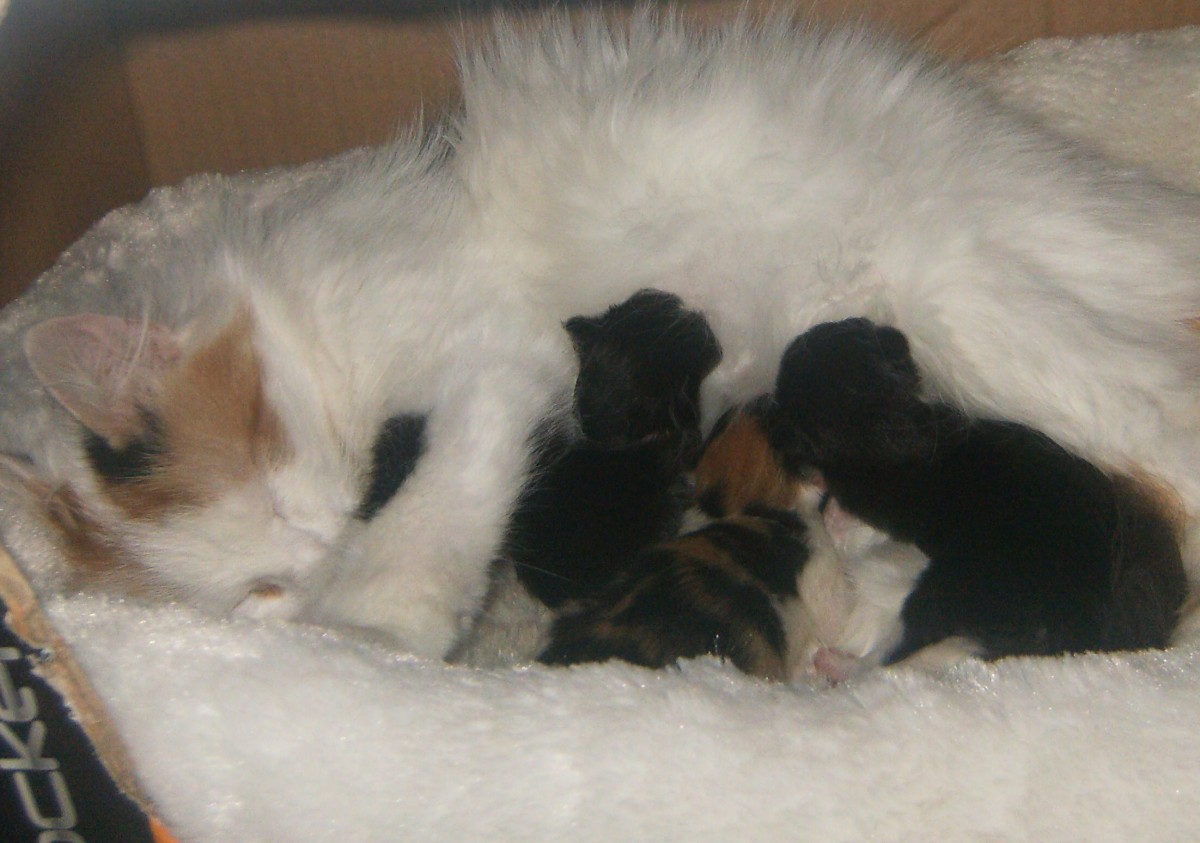Kennel Cough in Dogs – Symptoms, Treatment & Prevention
If you’ve been wondering what Kennel Cough is, read this article. You’ll learn what the condition is, what symptoms it produces, and what treatment is available. Read on to discover ways to prevent this potentially serious condition. Fortunately, there’s a simple cure, too. Keep reading to learn more about the treatment options available for kennel cough in dogs.

What Is Kennel Cough?
Canine kennel cough, also known as canine infectious tracheobronchitis, is an infection caused by a number of pathogens. These organisms cause coughing and the onset of the disease typically occurs 3-4 days after exposure. While the most accurate diagnosis is made through the history and physical exam of the patient, coughing in dogs that are suspected of having kennel cough can be a sign of other conditions as well.
While kennel cough is not easily transferred from dog to human, contaminated surfaces can easily spread it. Shared toys, food and water, and drinking from the same puddle can all cause kennel cough. Dog owners should avoid public water bowls and water dishes at dog parks. In addition, cigarette smoke and dust can also spread the disease. Therefore, it is important to wash your hands thoroughly and clean your dog’s bedding and blankets thoroughly when you have kennel cough.
In mild cases, kennel cough may pass on by itself. However, if symptoms are severe, you should consult your vet. While it is a self-limiting condition, if your dog does show signs of the disease, you should try to isolate and quarantine them from other dogs. Vaccination is the best way to prevent kennel cough, especially if your dog socializes with others often.
A kennel cough treatment usually consists of antibiotics or cough suppressants. In severe cases, kennel cough may progress to pneumonia. Treatment for kennel cough is straightforward: your dog needs to be kept away from other dogs, especially other puppies. In addition to this, your dog should avoid wearing a collar until the cough is fully gone. A veterinarian may also recommend X-rays or blood tests.
The first step in treating kennel cough is to visit your veterinarian as soon as the symptoms begin. If the symptoms do not worsen, you may want to leave the dog alone to recover. However, if the cough persists or worsens, a veterinarian may prescribe anti-inflammatory agents or antibiotics to treat the infection. However, if your dog is coughing uncontrollably, it may even develop into pneumonia, which is more serious than kennel cough.
What are the Symptoms of Kennel Cough?
If your dog exhibits the above symptoms, they may be suffering from kennel cough. Depending on the severity of the cough, your veterinarian may prescribe cough suppressants, antibiotics, or a combination of all three. Often, kennel cough in dogs can be cured with a few weeks of rest and home remedies. To treat the symptoms, keep your dog away from other dogs and place it in a well-humid environment. A chest harness may also help minimize the coughing.
Like the common cold in humans, kennel cough is a contagious respiratory disease. It is spread by airborne bacteria and viruses. Your dog may develop a chronic, nonproductive cough, which sounds like something is caught in his throat and may resemble a deep honking sound. Symptoms generally begin three to 10 days after your dog is exposed to an infected animal. Exercising can make the condition worse.
While most cases of kennel cough go away on their own, some may require longer treatment. In most cases, the infection clears up on its own in a few days or a few weeks, though mild clinical signs may last for several weeks even after the bacteria have been completely eliminated. Cough suppressants and antibiotics are commonly prescribed for moderate to severe cases. Vaccination with Bordetella is highly recommended if your dog boarded with other dogs.
If you notice any of these symptoms in your dog, you should take him to the veterinarian for a proper diagnosis. The disease may be contagious or be a result of cigarette smoke exposure. Infection with kennel cough in dogs is highly contagious and can spread from one dog to another through direct contact and by sharing objects. It can also be transferred between dogs with weakened immune systems.
In a dog with kennel cough, the dog will have a recurring, painful cough that sounds like a honking goose. If the coughing is chronic, it will be difficult to ignore. During this time, the affected dog may be listless and have an excessive amount of green nasal discharge. Once a dog has the kennel cough, it should be isolated from other dogs and veterinary care is recommended.
How Is Kennel Cough Treated?
The best way to treat kennel cough in dogs is to treat it as you would a common cold. A fortnight’s rest is usually all your dog needs to get over this cough. Your veterinarian may recommend cough medications and antibiotics to help control the cough. In some cases, kennel cough can turn serious and require antibiotics and other treatment. To prevent your dog from becoming infected with the disease, learn how to recognize the symptoms.
The most common agent that causes kennel cough is the Bordetella bacterium. Your dog can be protected against this virus by getting the Bordetella vaccine, especially if they regularly attend doggie day care or compete in canine sports. Vaccines for kennel cough are available in intranasal and oral forms and require booster doses every six months or a year.
It is important to get your dog to the veterinarian as soon as you notice any signs of difficulty breathing. Infections can spread from dog to dog through direct contact and sharing objects. Most dogs do not require medication. However, some dogs can be at high risk for this disease and should be treated as soon as possible. To prevent this disease, you should keep your dog away from other dogs. Moreover, avoid exposing your dog to the infectious tracheobronchitis.
If your dog exhibits any symptoms of kennel cough, you should isolate him from other dogs. A vet will prescribe the appropriate isolation treatment for your dog, so that he can rest and recover. In addition, you should disinfect the environment and your hands after handling infected dogs. During the treatment process, your vet may recommend antibiotics. You should also check for vaccinations to prevent the risk of catching the disease.
The most important step in treating kennel cough in dogs is to treat the source of the problem. Several causes of coughing in dogs include allergic reactions, parasites, and genetic conditions. A veterinarian can determine which of these causes of coughing is responsible for your dog’s cough by asking about the dog’s recent history and conducting a complete physical exam. However, kennel cough symptoms may be enough to diagnose the disease.
Can Kennel Cough Be Prevented?
The good news is that kennel cough is mostly self-limiting, and most cases don’t require antibiotics. However, some animals may require treatment with cough suppressants or antibiotics. While the symptoms of kennel cough can be alarming, they are usually not life-threatening. You should keep your dog indoors for at least seven days to ensure that your dog doesn’t contract a serious infection.
As with other respiratory diseases, kennel cough is highly contagious and is spread through contact with an infected dog or infected surface. The bacteria responsible for kennel cough live on surfaces for hours, making it easy for other dogs to pick it up. The infection can also be spread through contact with communal dog bowls, grass, and the footpath outside your home. There are many steps you can take to prevent your dog from getting kennel cough.
Getting your dog vaccinated against common pathogens will help prevent your dog from contracting the disease. Your dog will typically be immunized against adenovirus, canine influenza, and distemper virus. Your veterinarian will also suggest vaccinations to help reduce the risk of your dog getting the disease. However, even if your pet has already been vaccinated, he or she is still susceptible to contracting kennel cough.
Vaccines are an effective way to prevent kennel cough in dogs. Bordetella vaccines can be given orally, or intranasally via a nasal spray. Though not 100% protective, they can significantly reduce the symptoms of infection. However, vaccination isn’t a foolproof solution because the virus can cause other diseases as well. In such cases, the best option is to isolate the dog and get it regularly vaccinated.
Fortunately, kennel cough is not usually life-threatening and can be easily treated. This disease is caused by a variety of bacteria and viruses, including Bordatella bronchiseptica. Infected animals may cough and sneeze, shedding the virus to other dogs. It is not uncommon for an outbreak of this illness to occur, and it is very difficult to prevent it.



